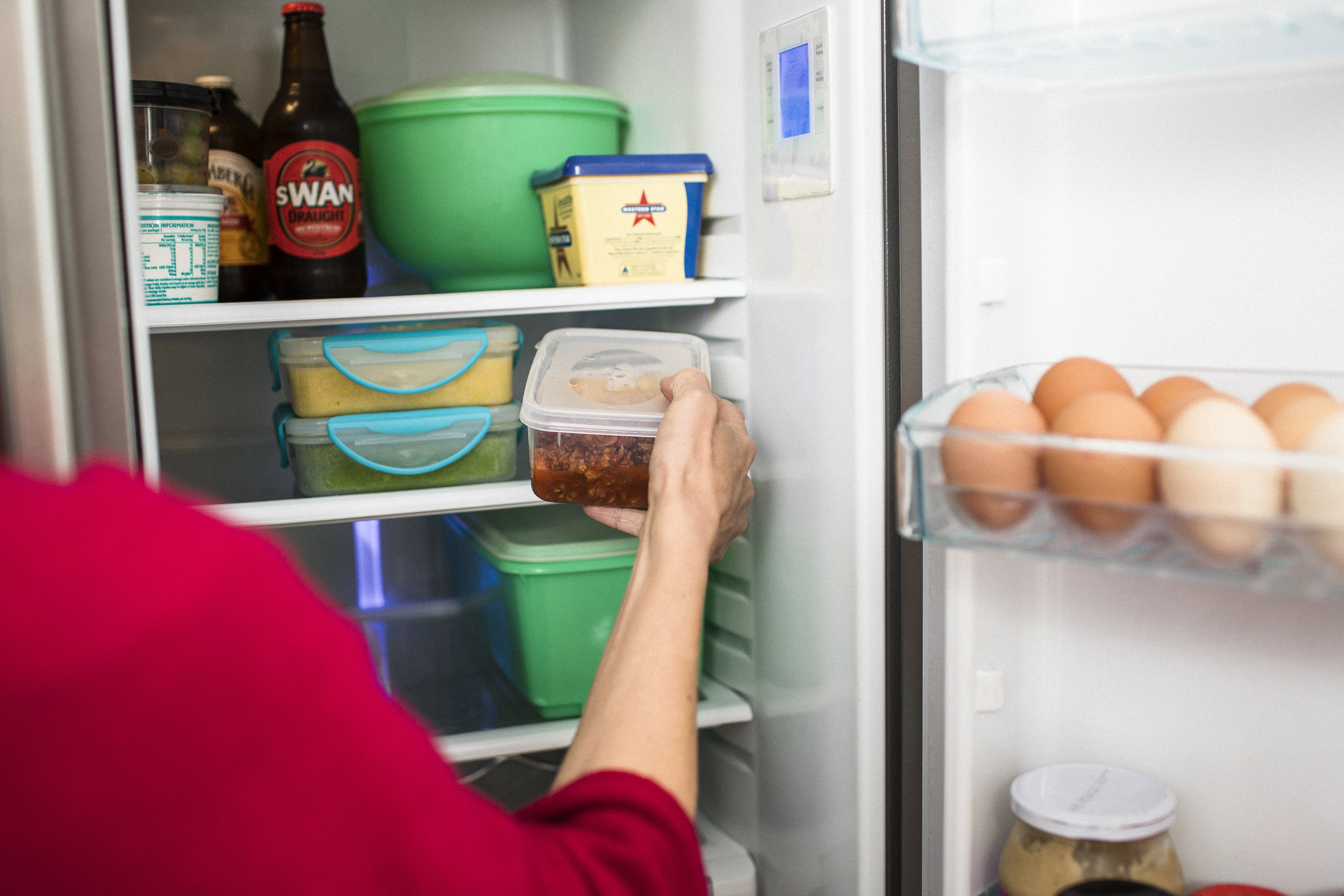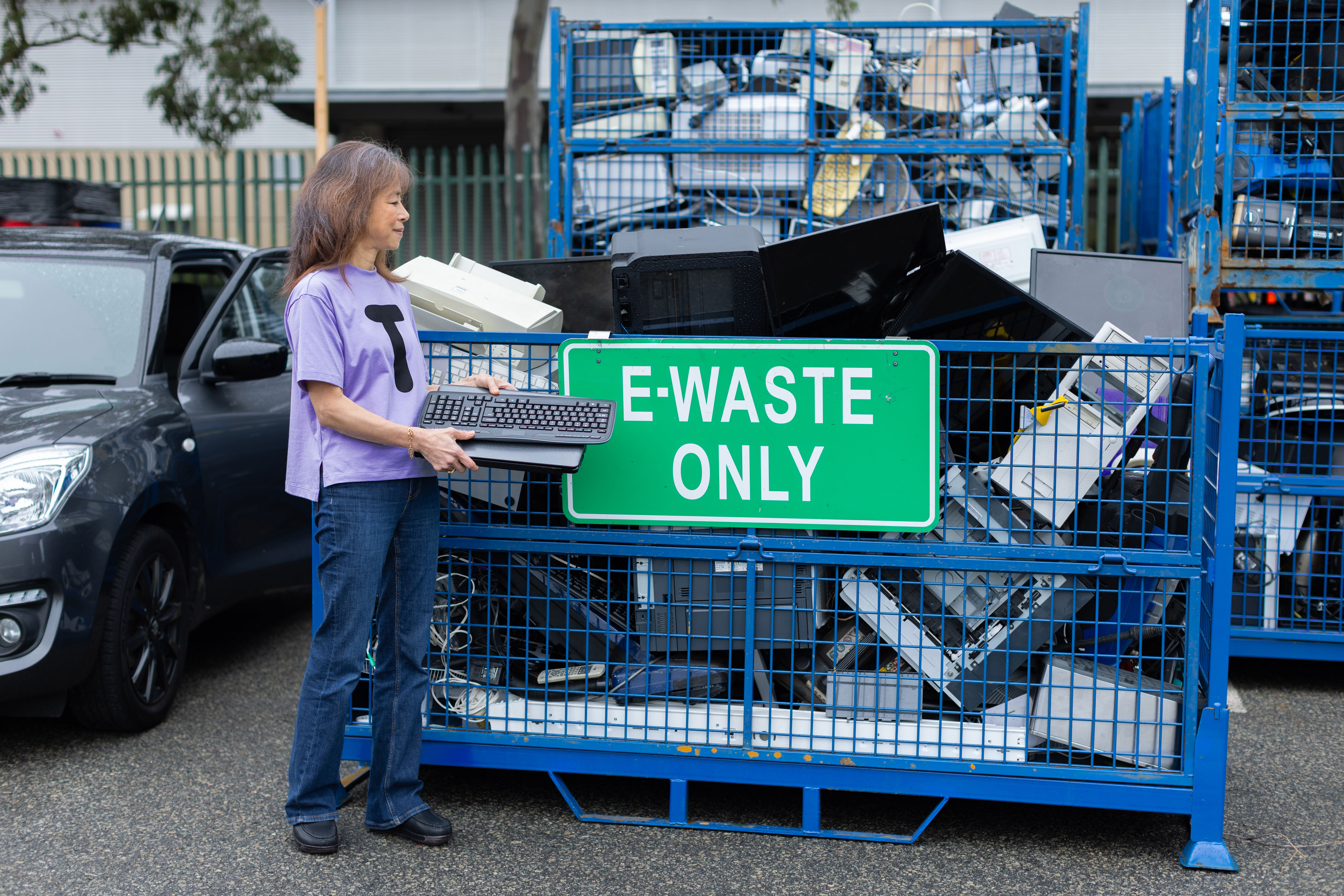
Garage Sale Trail
Why selling and shopping on the trail will help you to reduce your waste.
Posted on: July 10, 2020
There are simple ways to cut your food waste – and save money.

Make a meal plan for the week and always check what’s in the fridge, freezer and pantry before shopping. Try and stick to your list, don't be sucked in by specials or two-for-one offers because that's often what causes us to overbuy and then waste food.
Keep items with a short lifespan, like bread and even milk, in the freezer. Check the use by dates of all food often and if it's getting close – freeze to save. Try to cook from the freezer at least once a week and use up food stocks within six months.
Pasta, rice dishes and soups are perfect for lunches. Keep cold with an ice brick and insulated lunchbox or warm with a screw top thermos. Make sure you include reusable cutlery to cut down on rubbish and waste.
Leftover vegetables can be used in so many ways including homemade pizzas, stir-fries, pasta sauces, soups, omelettes and frittatas, and casseroles, curries and stews.
Fruit and vegetables (except bananas and pineapple which should be kept at room temperature) are best stored in the fridge to make them last longer.
Keep ham, other cured meats and all cheeses in the fridge either in their original packaging or separate tightly sealed containers. Eggs also last much longer in the fridge.
Your recipe calls for quinoa but you only have brown rice or cauliflower. Be brave and learn that by substituting similar ingredients you can still create great meals and make use of the ingredients you have to hand.
You can also add canned beans, pulses and lentils to meals such as casseroles, pastas, curries and soups to add bulk, increase nutrition and use less meat.
You can still eat food past its best-before, and often use-by, date. These dates are designed to guide people in relation to food safety and usually allow for several days beyond the specified date. Check the dates regularly, test by smell and eat, cook or freeze food near the use by date.
You can use the whole vegetable – roots, leaves and stems and all! Broccoli and cauliflower stems, celery heads and leaves, herbs such as coriander, basil and parsley are all highly nutritious additions to soups, casseroles, stews and stir-fries.
Vegetables like potatoes and carrots don’t need to be peeled (and are even healthier for you if they aren’t). Just give them a good scrub and getting cooking.
Scraps such as onion skins and veggie ends can be frozen to make stock, as can leftover wine (just store it in ice-cube trays until you need it).
Fruit and vegetables past their best can still be used in tasty, healthy and clever ways.
Overripe bananas are perfect for baking or frozen to make smoothies and other desserts.
Tomatoes past their peak make great pasta sauces – just cook them long and slow for the best flavour.
When it comes to overripe fruit, cook it gently to make a tasty dessert coulis; mix it into scones or cakes; juice or blend into smoothies – which can be frozen for later; or mix with yoghurt and freeze in ice block trays.
Limp vegetables such as carrots, celery, broccoli and asparagus can be revived by placing stems down into a glass of water in the fridge.
If food can be eaten – cook it, freeze it, or give it away... just DON'T throw it out.

Why selling and shopping on the trail will help you to reduce your waste.

In today’s fast-paced tech world, as new devices are released and replaced, older electronics that still have plenty of life often end up forgotten in drawers, or worse, the bin!

If you’ve ever tried to declutter your place, you may have found yourself a little unsure about where to find the best homes for your pre-loved items.